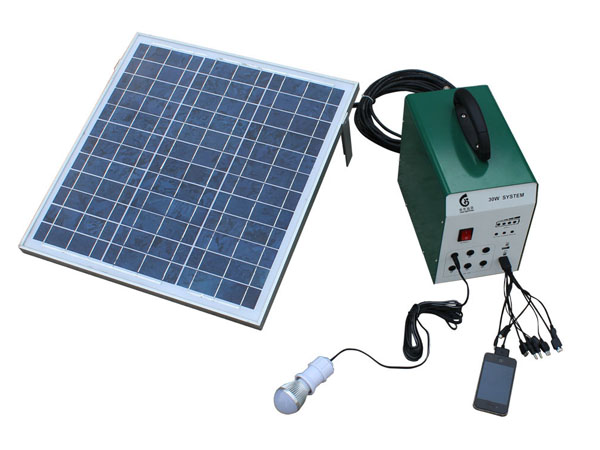Power to Go!
Portable Energy Storage Systems
We already wrote on Final Prepper of batteries for electric devices, the value of rechargeable, assuming a reliable power source, as well as home generators, something to the benefit of every survival enthusiast. Along those lines why not consider portable energy storage systems as a part of your prepper planning? Useful for a bug-out scenario or in a hunker down situation, the sizes and versatility of the systems out there offer some reasonable options for the short-term, and they can readily support some longer-term situations, should you find yourself and yours in one.
Here in the USA, being from a big city, I believed we are “blessed” with a steady-state of power, if we pay the bills in a timely manner. Then I spent a weekend on the Navajo Reservation in Northeastern Arizona. Two to three power losses a day. Well, there are many places where this is normal. On my half-dozen trips to India power is lost multiple times a day at the local businesses. The big “campus” call-centers have their own dedicated power stations just to keep your favorite 24/7/365 Customer Service Centers up and running. Bottom line, we are spoiled.
Other than tracking down a tripped GFI circuit, to find the tripped receptacle behind a garage cabinet, which you had bolted to the floor, not much thought is put into these “givens”, until a storm or accident put us in the dark. Switch on, lights on. And, you must admit, even after you deal with these you do let what you learned get pushed out of your head after a while because, you know, switch on, light on.
Having a reliable power energy storage system already on-line, ready to go, is never a bad thing. As small as a tablet, weighing less than a pound, to units that are only portable by crane and permanently affixed to your home, and ranging in price from a family meal out to a new family car, there is a right solution for us all.
Think of these systems as bigger rechargeable systems that you can use to recharge your smaller rechargeable batteries, as well as direct connect devices like tablets, and GPS receivers, and ham radios, always standing “at the ready” like good soldiers.
Knowing the underlying technologies used will assist you in making good choices. Solar – it has come a long way. A great alternative, but some days the sun just doesn’t shine – May Gray, June Gloom, the sun has exploded July, Michigan and Minnesota ALL winter long, Alaska a year ago. Anyone living near an ocean, or The Great Lakes knows low-pressure on-shore, high pressure off-shore produces a marine layer that can block out most if not all the suns energy. However, as long as photons are present solar cells charge, diffused light and reflective light are less efficient, but they still allow solar cells to collect power. The drawback is size, weight and time. While there are some light, portable systems, they can have a large footprint when deployed and they will tie you to a stationary location during charging. We are a fan of these but suggest you check out the footprint and charging times to make the best selection for your situation.
Solid State Batteries use a range of electro-chemical storage solutions, including advanced chemistry batteries and capacitors. Caution should one of these be ruptured. Flow Batteries store energy directly in an electrolyte solution (i.e., a car battery) for a longer cycle life, and quick response times, but again, caution should one rupture, and when they are done, they are truly done.
While we can’t forget the other stored energy systems, which include Flywheels, mechanical devices that harness rotational energy to deliver instantaneous electricity. These get complex, large, and expensive to obtain and to “keep on-line”. Other systems available include Compressed Air Energy Storage, Thermal and Pumped Hydro-Power (everyone has their own lake with a dam, right?) Interesting technology but perhaps not practical for “home”, or “away from home” use.
Bottom line, portable energy cells, readily available that can easily be transported, that can be used and reused repeatedly, are a great addition to any survival plan, hunker down plan, bug-out or go bag and should be a part of your disaster planning.
We recently wrote of batteries for electric devices, the value of rechargeable, assuming a reliable power source, as well as home generators, something to the benefit of every survival enthusiast.

